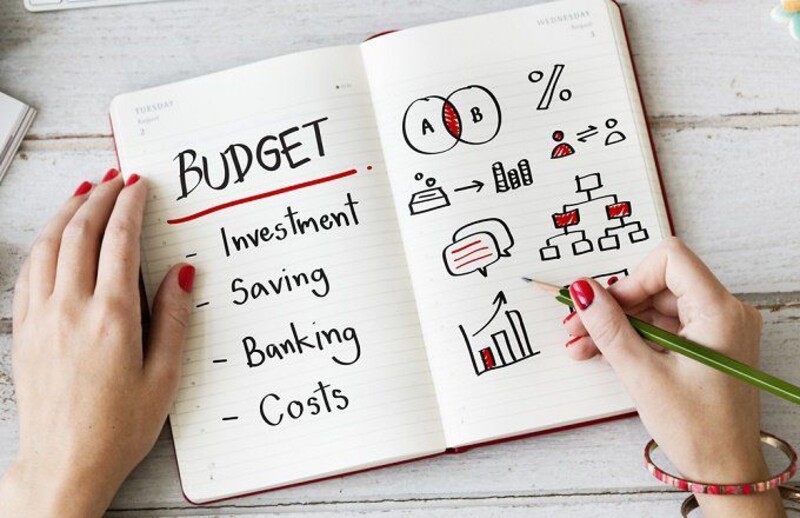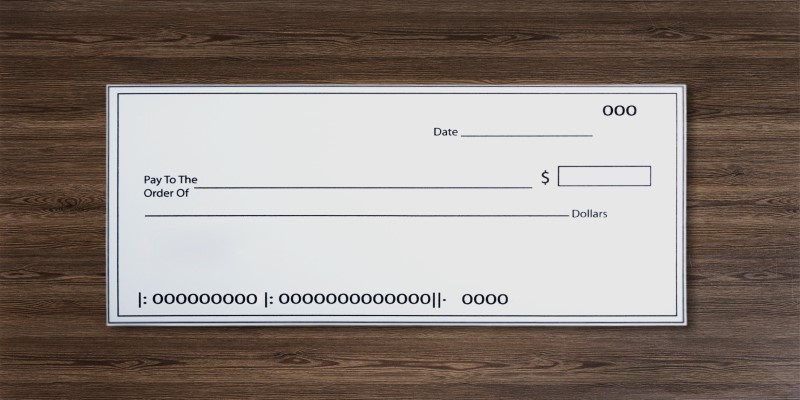Understanding Average Monthly Household Expenses
Oct 13, 2024 By Kelly Walker
Knowing the details of average monthly expenses is key to managing household finances well. When you know exactly where your money goes, it allows you to create more effective budgeting plans that help you achieve financial stability. The text will look at different types of expenses usually seen in a household and give knowledge along with advice on how to handle money matters efficiently.
1. Essential Expenses - Housing, Utilities, and Transportation
The biggest part of usual monthly household expenses is usually taken up by basic needs like home, utilities, and transport. Housing costs include paying for rent or mortgage, property tax, insurance as well as maintenance fees. Utilities cover electricity bills, water usage charges heating and internet services, etc. Transportation expenses cover vehicle payments, fuel, insurance, maintenance, and public transportation fares.
In the step of budgeting for basic expenses, it is very important to consider that costs may not stay the same all the time. This could be because sometimes we use more or less of certain things like water and electricity during different seasons. Additionally, unexpected events such as car breakdowns or repairs needed for home appliances might cause a fluctuation in expenditure on any given month. A possible suggestion is keeping aside some money as a reserve specifically for essential spending which would act like an extra layer protecting your finances from unforeseen situations.
- Considerations: Regularly review utility bills for any discrepancies or opportunities to reduce consumption through energy-saving measures.
- Caution: Avoid overlooking the importance of regular maintenance for vehicles and household systems to prevent costly repairs in the future.
2. Food and Groceries - Necessities and Meal Planning

Food costs are usually a big part of a monthly budget. This includes your grocery shopping, eating out, or getting food delivered to you. To handle these expenses well, try planning meals ahead of time, buying in larger quantities, and cooking at home more frequently. In addition, choosing generic brands and using coupons can also save money on grocery bills without reducing the quality.
Apart from regular grocery trips, checking out farmer's markets or community-supported agriculture (CSA) methods could present fresh and local choices with comparable costs. This way helps back up nearby producers while allowing you to find special seasonal ingredients for innovative meal preparations too.
- Noteworthy: Investing in kitchen essentials like quality cookware and appliances can enhance cooking efficiency and encourage home-prepared meals.
- Fact: Studies show that meal planning can reduce food waste and save an average of 25% on grocery expenses annually.
3. Healthcare and Insurance - Ensuring Well-being and Protection
Healthcare costs cover medical insurance payments, copayments for doctor visits or hospital stays, money spent on prescriptions, and any other medical expenses that are paid from your pocket. It is very important to keep health-related expenses in mind when making a budget plan so you have enough money set aside for these things. Also, think about getting life insurance, disability insurance, or other kinds of protection that can help with unexpected financial problems.
Think about coverage limits, deductibles, and network providers when you are looking at insurance options. Look into the possibility of using health savings accounts (HSAs) or flexible spending accounts (FSAs) as ways to manage medical expenses and save for future healthcare needs with tax benefits.
- Consideration: Review insurance policies annually to ensure coverage aligns with current healthcare needs and budgetary constraints.
- Noteworthy: Taking advantage of preventative healthcare services can minimize long-term medical costs and promote overall well-being.
4. Debt Repayment - Managing Loans and Credit Cards
In plenty of homes, a part of their monthly budget goes towards paying off debts such as loans and credit card balances. If you use good strategies to manage your debt, like giving importance to high-interest debts first, combining all the loans into one place, or bargaining for lesser interest rates can help speed up repaying what is owed and decrease interest costs gradually.
Talking with creditors and lenders about possibilities for repaying loans when money becomes difficult to handle is important. This shows that contacting credit counseling services organized and trustworthy may give suggestions tailored to your situation, along with strategies for efficiently managing debt.
- Fact: Making consistent, on-time payments towards debt can improve credit scores and financial stability over time.
- Caution: Avoid accumulating new debt while focusing on repayment efforts to prevent further financial strain.
5. Savings and Investments - Building Financial Security
To make sure your money grows over time and you have a solid financial future, it's important to build up savings and investments. Set aside some of your monthly income in savings accounts, retirement funds, or investment portfolios. Use tax-advantaged saving methods like 401(k) plans or individual retirement accounts (IRAs) to increase growth possibilities while reducing taxes owed.

When one thinks about investment choices, it is very important to spread risk and increase returns through diversity. Look into a variety of assets such as stocks, bonds, or mutual funds that match your ability to tolerate risks and goals for investing. Keep looking at your investment plan often and make changes as necessary when things change in the financial situation or market conditions.
- Noteworthy: Take advantage of employer-sponsored retirement plans with matching contributions to accelerate retirement savings.
- Consideration: Factor in inflation and market volatility when setting long-term investment goals to ensure sufficient growth and purchasing power.
6. Discretionary Expenses - Entertainment and Miscellaneous Spending
Optional costs include buying non-essential things like fun activities, trips, hobbies, and personal care. It is key to have enjoyment in life and treat ourselves with some luxuries from time to time. Nevertheless, watching how much we spend on optional things can help us avoid going overboard and keep our money targets steady.
Organize the less important spending according to personal values and interests. This will help in getting the most enjoyment from money spent on things that are not necessary. Think about looking for cheaper options when planning fun activities, like going to free events in your community or doing-it-yourself projects, so you can keep a good balance between having fun and being financially responsible.
- Fact: Establishing a discretionary spending allowance within your budget can provide flexibility for occasional splurges without derailing financial objectives.
- Caution: Be mindful of impulse purchases and assess whether each discretionary expense aligns with your overall financial priorities and goals.
Conclusion
To handle usual monthly household expenses, you must be careful in organizing and planning budgets. By seeing the costs divided into different groups and using methods for saving and spending well, people or families can get more financial stability. Also, don't forget that even minor changes in spending habits may result in substantial long-term benefits.

How a Tax Incidence Works?

How Much Are Towing Fees? Everything You Need to Know

Understanding the Ins and Outs of Check Endorsements: A Handy Guide

Understanding Dual Agency in Real Estate Transactions

Tax Base Definition

The World of Kids' Allowances: A Parent's Guide to Financial Planning

Things you should know about short-term car lease

Understanding the Life Insurance Medical Exam: What to Expect and Much More

Securing Your Future: The Power of Tax-Free Retirement Accounts

